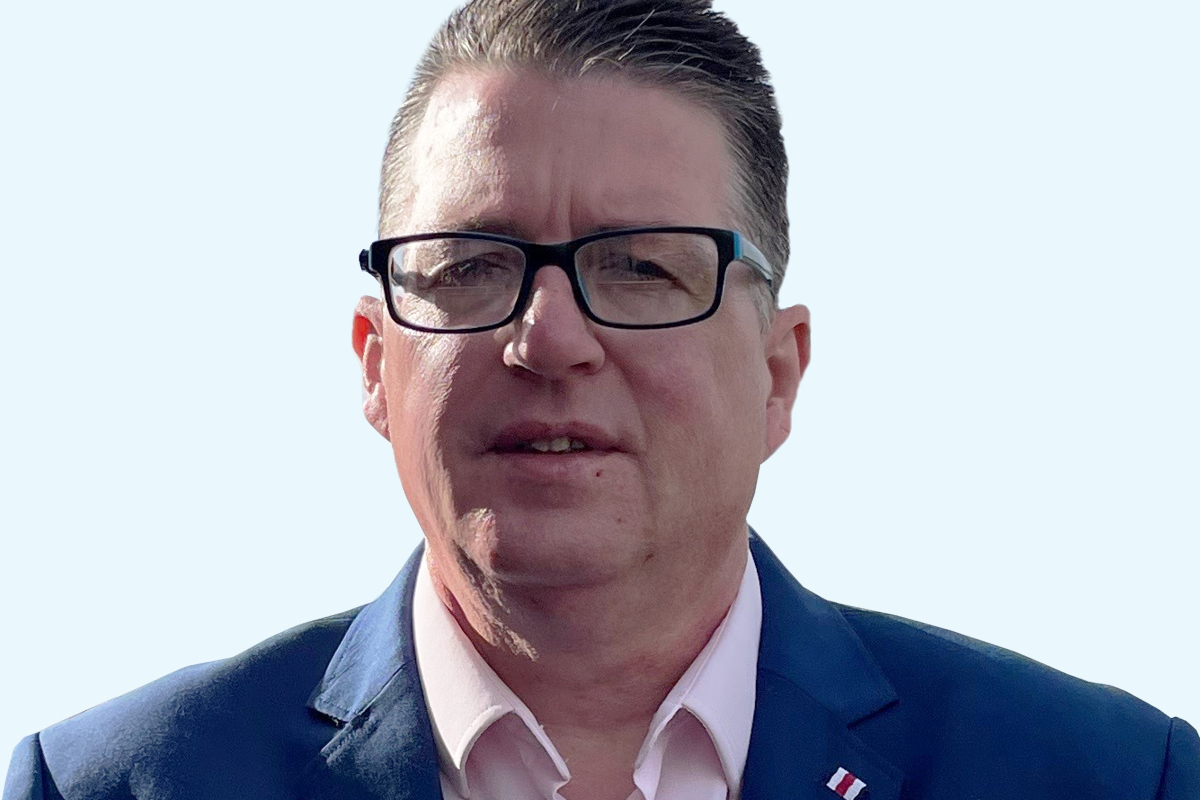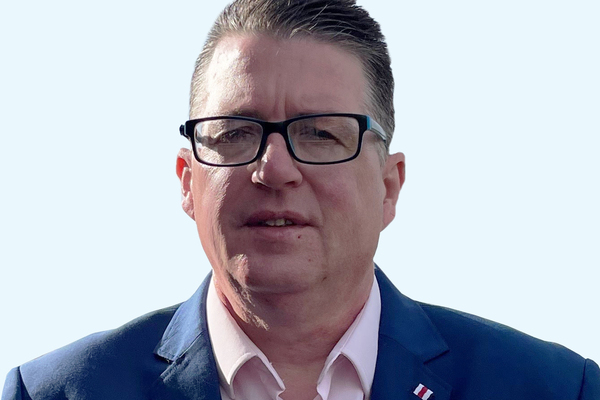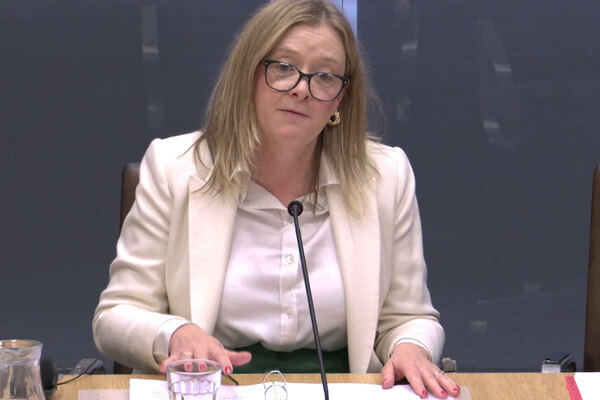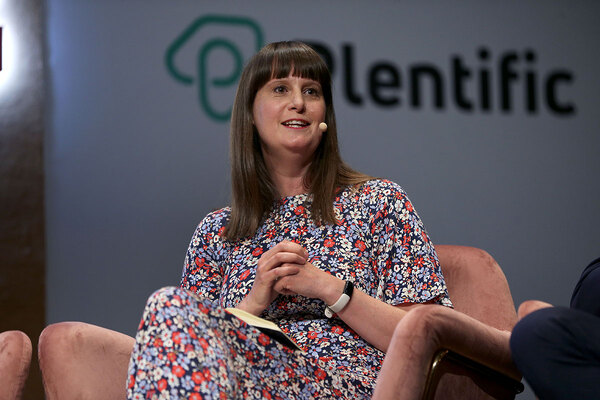You are viewing 1 of your 1 free articles
Why L&Q is introducing reasonable accommodation passports
We want to take active steps to create a culture in which colleagues feel safe to disclose a disability or long-term health condition, writes Felix Lynn, chair of staff disability network Ability at L&Q
Building a home requires vision and constant revision. We’re continually learning, looking at the data, and learning from our successes and failures. Our approach to diversity and inclusion is no different.
Data collated by the National Housing Federation from 174 social landlords showed that the representation of disabled people across staff, executive and board members in the sector was just 8% for each category.
Given that a higher proportion of people in social housing are disabled, this disparity reveals a shortcoming we urgently need to address. Some 54% of housing association residents have a long-term illness or impairment, and 18% of new lettings are to someone with a defined disability.
The study also found that social landlords had no data around disability for 30% of the workforce, suggesting the true numbers of disabled employees are likely to be under-reported. Add to this the evolving nature of disabilities and the need for employers to regularly collect data, the problem becomes even greater.
Declaring a disability is an individual decision and there is no obligation on anybody to do so. However, there are many reasons why disclosing a condition can be a positive action that will empower, protect and assist employees in the workplace.
At L&Q, we’ve been taking steps to create a culture in which colleagues feel safe to disclose a disability or long-term health condition. We’ve created comprehensive guidance for managers to help them agree reasonable accommodations with their team members. We’ve also developed a new sickness policy with additional short-term and long-term health procedures to support staff who suddenly need to take a leave of absence.
As the chair of L&Q’s staff disability network, Ability, I regularly speak to my colleagues about their workplace disability issues. It’s clear that some still aren’t aware of the adjustments available to them. I’ve heard cases where people are taking annual leave for hospital appointments to cover the shortfall in hours.
Similarly, some colleagues haven’t been aware of the government’s Access to Work grant – and the specialist equipment and assistive software on offer.
That’s why at L&Q we are introducing reasonable accommodation passports.
Developed from an original concept produced by the House of Lords, the initiative makes working life better and fairer for disabled people in workplaces such as Barclays and the Prison Officers’ Association. As a member of Purple Space – a networking and professional hub for disabled employees, networks, resource group leaders and allies – we learned about the initiative from organisations outside the sector.
The passport is designed to be an informal document that helps to formalise individual needs in the workplace. They ensure continuity of accommodations, which means that colleagues who change roles, move between teams or are assigned a new line manager avoid difficult and repetitive conversations. Colleagues do not need to provide evidence for their request for support, and the passports are intended to stay with people throughout their employment.
The most important thing about the document is that it’s owned by the employee – it’s for them to share when, and with whom, they want. These are individual to the person, and they are in full control of the information they wish to provide.
“I regularly speak to my colleagues about their workplace disability issues. It’s clear that some still aren’t aware of the adjustments available to them”
The passports are also a powerful symbol of solidarity. Disabilities aren’t static, nor are they necessarily obvious. In the big picture, they give an encouraging nod to disabled colleagues that says: “You are welcome here” and “We want to help”.
In a lot of ways, the coronavirus pandemic opened many employer’s eyes on what’s possible, by ushering in a bigger focus on helping people adjust to working at home, and then returning to the office. This, in turn, has opened the door to disabled people, for whom some opportunities weren’t possible.
Since then, we’ve built on what we’ve learned to increasingly make L&Q a place that better represents and embraces the diversity of our communities. We’re pleased with the progress we’ve made, but acknowledge there is still room for improvement. Reasonable accommodation passports are an essential part of the solution, and we remain committed to creating a more inclusive and diverse workplace, where disabled colleagues feel supported and their needs are met.











